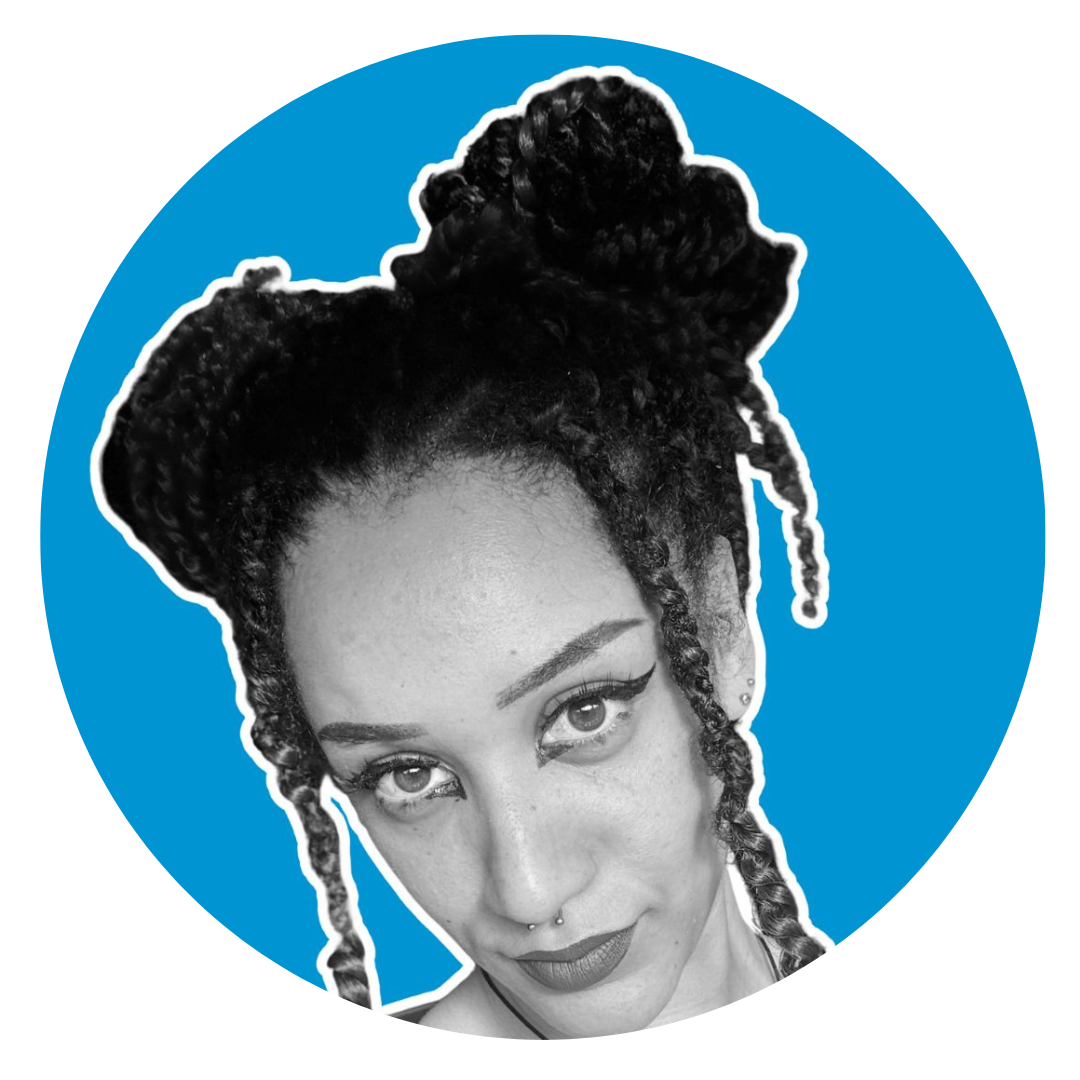
By
Alicia Edwards
May 12, 2023
Updated
October 23, 2025
.png?width=800&height=400&name=Structured%20interview%20(1).png) What is a structured interview?
What is a structured interview?
A structured interview is a type of job interview that involves asking candidates a standardized set of questions in a predetermined order. The interviewer collects the responses of the candidate and grades them against a scoring system.
This type of interview is designed to reduce bias and ensure that each candidate is evaluated fairly. Structured interviews are often used in the hiring process because they are more reliable and objective than unstructured interviews.
What is the main characteristic of a structured interview?
The main characteristic of a structured interview is that the interviewer asks the same set of questions in the same order to all candidates. This approach ensures that all candidates are evaluated on the same criteria and that the interviewer's personal biases do not influence the interview process. Structured interviews can be conducted in person, over the phone, or online.
What types of questions can be asked in a structured interview?
Structured interviews can include both open-ended and closed-ended questions. Closed-ended questions are questions that can be answered with a simple "yes" or "no" response or with a multiple-choice answer.
Open-ended questions are questions that require a more detailed response, such as "Tell me about a time when you had to solve a complex problem at work." Structured interviews can also include situational questions, which ask the candidate to describe how they would handle a hypothetical situation related to the job.
How does the scoring system work?
Structured interviews are often scored using a predetermined scoring system. The interviewer evaluates each candidate's responses against the scoring system to ensure that all candidates are evaluated consistently.
The scoring system can be based on the candidate's:
- Qualifications
- Skills
- Experience
- Their fit with the company culture and team
The scoring system can also be used to rank candidates and determine which candidates should be invited for a second interview or offered the job.
What are the advantages of a structured interview?
Standardisation
Structured interviews are standardised, which means that all candidates are asked the same set of questions in the same order. Standardisation ensures that each candidate is evaluated on the same criteria, which makes it easier to compare candidates and make informed hiring decisions.
Reliability
Structured interviews are more reliable than unstructured interviews because they are based on a clearly defined role and its core objectives. This means that the questions asked in a structured interview are designed to elicit information that is relevant to the job. The use of a rubric and deliberate set of questions fosters data-driven hiring decisions, which leads to a more objective and reliable evaluation of candidates.
Validity
Structured interviews are also more valid than unstructured interviews because they are based on a job analysis that identifies the key competencies required for the job. The questions asked in a structured interview are designed to elicit information that is relevant to the competencies required for the job. This means that structured interviews are better at predicting job performance than unstructured interviews.
What is the difference between a structured and unstructured interview?
Structured interviews are often used in the hiring process because they are more reliable and objective than unstructured interviews. In unstructured interviews, the interviewer may ask different questions or follow different paths of conversation for each candidate, which can make it difficult to compare candidates fairly. Structured interviews, on the other hand, ensure that each candidate is evaluated based on the same criteria.
Structured interviews offer several advantages over unstructured interviews. They are standardised, reliable, and valid, which makes them an effective tool for evaluating candidates and making informed hiring decisions
Conclusion
To conclude, the purpose of a structured interview is to assess a candidate's qualifications and suitability for a specific job. The questions asked in a structured interview are designed to evaluate the candidate's knowledge, skills, abilities, and personality traits that are relevant to the job. The structured interview can be used to evaluate a candidate's fit with the company culture and the team they will be working with.
